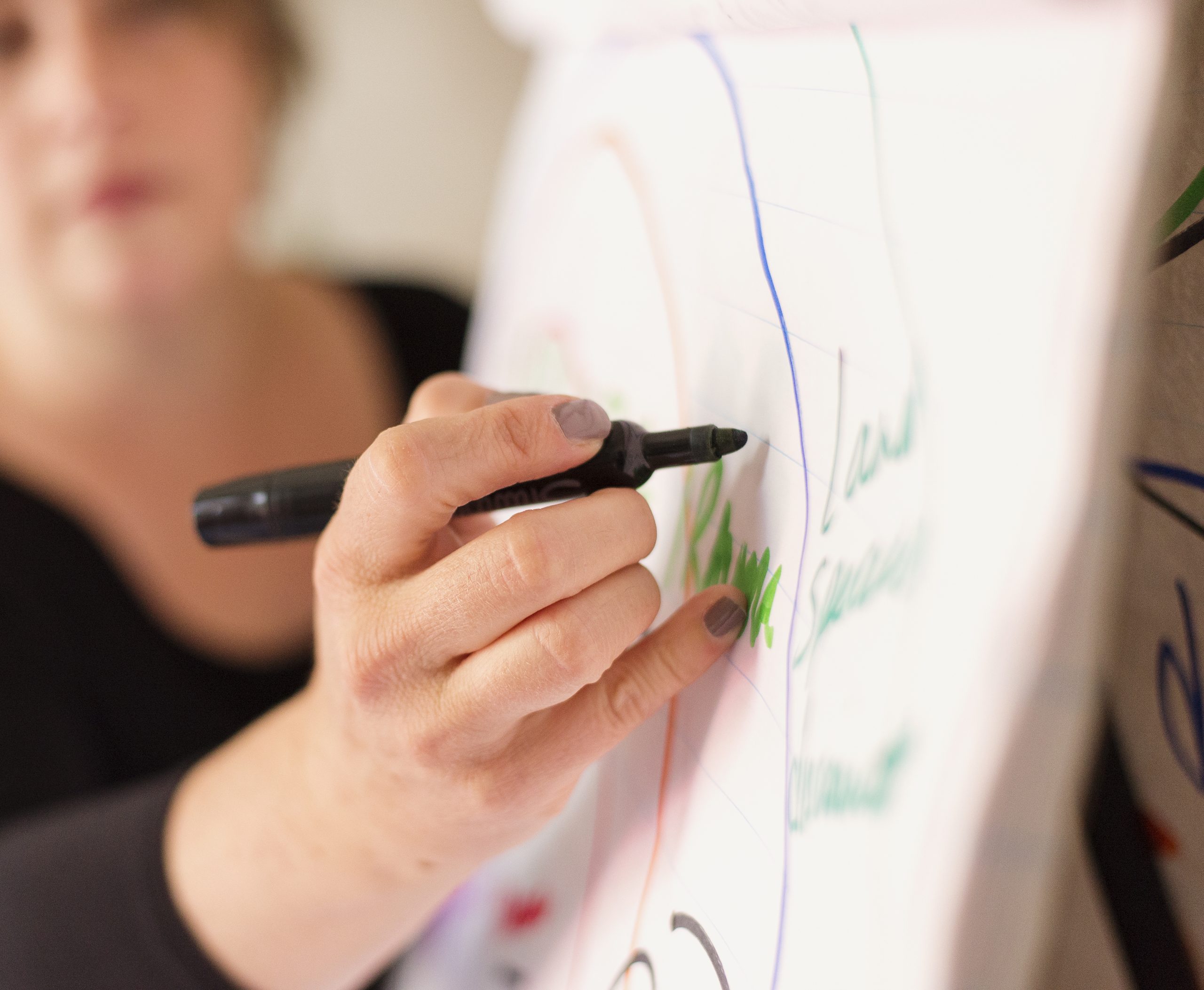ADVANCED PRACTICES
Love, Regulation, Disruption & Repair
with Lisa Mortimore, PhD and Stacy Adam Jensen, MEd

Advanced Offerings
The legacy of impaired attachment has far-reaching implications; psychotherapists have long been occupied with finding the most fruitful ways to facilitate the maturation and development of the self to mediate the suffering and symptomology of early relational trauma that perseveres across the lifespan and generations. Overwhelming evidence establishes the neuroaffective and psychological implications of impaired attachment, namely, the interruption and maladaption in the complex development of the psyche, as well as relational, regulation, and integrative capacities. The construct of the therapist as psychobiological regulator (Schore), provides an overarching framework where the therapist stands in for reparative experiences to facilitate the maturation of the right brain (RB). Schore’s comprehensive theory provides a foundational bedrock to leap into relational repair work, a theoretical safety net, or a map, to understand and steady our questioning mind (left hemisphere), as we traverse the often difficult terrain of attachment repair.
Clinical practice oriented towards the reparation of early attachment injuries calls for a three-pronged approach revolving around love, affect regulation, and disruption of impaired foundational adaptive measures, both neurophysiologically and psychologically, with the intention of advancing the maturation and development of the bodyself. This disruption of the internal working models (IWMs), regulatory habituated states, and relational strategies, opens the system to expand with supportive, attuned therapeutic contact. This expansion of capacity is precisely what is necessary to evolve maladaptive patterns established in early years. Applying the idea of disruption to impaired development within the bodyself can be seen through three pillars of practice—attachment, the body, and relational repair. Within these pillars, the therapist utilises several types of listening with the bodyself, and acts as a disruptor of the infant/caregiver patterning, offering self in relationship for relational repair.
Drawing on the sensibilities of body-centred psychotherapy where one uses modulation of the body to shift the arousal states (regulate) and facilitate processing of bodily held states, and weaving understandings from relational and interpersonal analytic work, one follows a model of right relationship in therapy, where therapists can fall into relationship, RB to RB, body to body, to meet and work with the medicine of therapeutic love and connection. In living the new story of psychotherapy, where the right hemisphere (RH) has priority; where relational contact, authenticity, connectedness, and intuition are primary; where love rather than the intellect is the container; where the body, the primary container for life, becomes what we thread the needle through, clinicians are taken to the edge, the precipice, so we can fall, fall into the right, into the flow of relationship, deeply and soundly, and rely on theoretical and conceptual frameworks to provide the landscape for therapeutic work. In bringing the body into the clinical space the psychotherapist feels into where the bodyself will yield to new expressions of self.
This master series offers three stand alone workshops. They utilize interactive lecture, demonstration, clinical vignettes, small group practice, group exploration, and discussion of application to clinical practice, we will deepen our exploration of Somatic Attachment Psychotherapy. Additionally, the AP programming will offer experiential practice sessions and we will orient the practices to delve deeper into supporting your therapeutic edge through direct feedback, coaching and mentorship.
In preparation for each workshop there will be readings to invite you to attune in specific ways to some of the material we will be working with. With each workshop there is opportunity to attend the BBP group consultations to further integrate the material into clinical practice.


STAY TUNED, WE ARE RE-VISIONING

Fees & Dates
Stay Tuned for AP Opportunities
Fees: tba
- Applicants will need to have completed at minimum 150 hours of somatic psychotherapy training with an attachment and psychodynamic orientation integrated into your somatic practice–prior learning assessments are necessary and entry will be determined by The Savoy Clinic, Ltd.
- All BBP offerings are online



